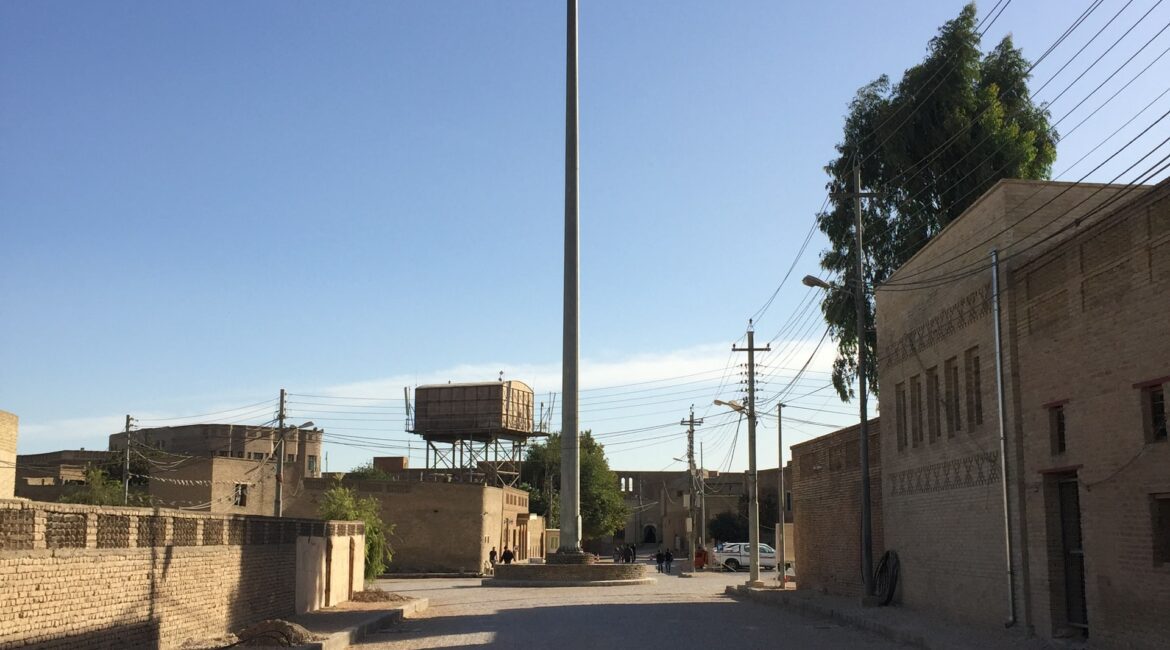Recently, the Syrian Democratic Forces (SDF) warned that ISIS is trying, after 3 years of eliminating its established areas, to reorganize its ranks. Moreover, they drew attention to the repercussions of the international community's "failure" to provide the necessary support to prevent this.
Three years ago, SDF announced the elimination of ISIS from Syria with the support of the international coalition led by Washington, following violent battles in the village of Al-Baghuz border with Iraq, which was the last stronghold of extremists in the country.
Despite this, ISIS cells are still hiding in remote mountainous places, carrying out attacks from time to time, targeting the Kurdish forces and their allies, and other Syrian regime forces. Two months ago, it managed to launch a large-scale attack on a Kurdish-run prison in Hasakeh, killing hundreds of people. In a statement, the General Command of SDF stressed that "the inaction of the international community and some countries turning their back on this file, as well as the absence of a clear, comprehensive and long-term international plan, increases the human and material costs, and provides a continuous opportunity for ISIS to strengthen his organization and blackmail and intimidate part of the local communities.” It added that the terrorist organization "is trying to revive its dreams to control geographically some areas in Syria and Iraq."
The Syrian Democratic Forces were leaders of the fight against ISIS in Syria. During the battles, they imprisoned thousands of ISIS fighters, while detaining women and children from the families of extremist fighters in camps.
Since the announcement of the elimination of the organization, the Kurdish Autonomous Administration has called on the countries concerned to return their nationals from members of the organization's families and their citizens who are being held in prisons.
Despite repeated calls and warnings made by international organizations about the "catastrophic" conditions, especially in the Al-Hol camp (northeastern Syria), which houses extremist families, most countries refuse to take back their citizens. They also did not respond to the Kurdish Autonomous Administration's call for the establishment of an international court to trial the jihadists in prisons.
In its statement, SDF warned of the danger of what it described as "the narrow approaches of some countries and their unwillingness to assume their responsibilities regarding the issue of the extradition of their nationals from ISIS families, as well as their detainees in the prisons of northern and eastern Syria, in parallel with the failure to provide the necessary assistance to establish an international court to prosecute them."
In February 2022, ISIS suffered a severe blow with Washington’s announcement that its leader, Abu Ibrahim Al-Qurashi, had been killed in a special operation carried out by US forces in northwestern Syria. About a month later, the organization announced the pledge of allegiance to Abu Al-Hassan Al-Hashimi Al-Qurashi as its new leader.
Kurdish warnings of ISIS revival 3 years after its defeat

